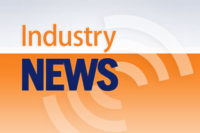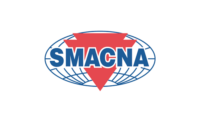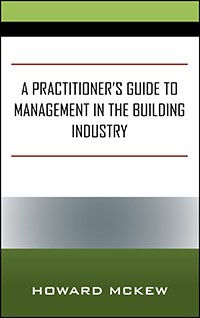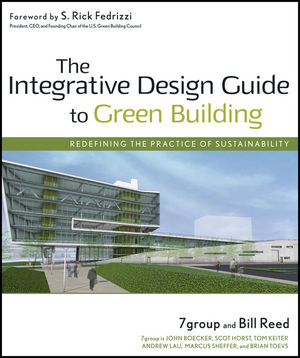Prevention is more important than ever, due to documented evidence of health problems, and even deaths, related to mold and mildew, he said. A seminar titled Mold and Mildew Mitigation in Construction will be held as part of the technical program at ASHRAE's 2003 Winter Meeting, January 25-29, in Chicago. The seminar will be held from 10:15 a.m.-12:15 p.m., Monday, January 27. It is sponsored by the task group.
"With this seminar, we will present ways to detect, mitigate and hopefully eliminate the possibility of mold and mildew being further developed during the construction phase of a project," Lawson, chair of the seminar, said. "Our speakers are considered experts in the field of mold and mildew from the aspects of proper design of facilities, detecting and mitigating, to selecting the correct equipment."
The seminar will include information on prevention and mitigation of mold and mildew in the building envelope, as well as preventing mold by keeping new construction dry. "We'll examine unusual microbial growth in air handling systems, which are natural spot for mold and mildew as they tend to be constantly damp and in many cases extremely wet," he said.
Presentations and speakers in the seminar are:
- Building Envelopes and How They Affect Mold Growth in the Building, Holley Bailey, Bailey Engineering Corp., Palm Beach Garden, FL.
- Preventing Mold by Keeping New Construction Dry, Lew Harriman, P.E., Mason-Grant Consulting, Portsmouth, NH.
- Mitigating Microbial Growth in Buildings Through HVAC Design: Learning from Failures, Ron Bailey, P.E., Bailey Engineering Corp., Palm Beach Garden, FL.
- Unusual Microbial Growth in Air Handling Systems, Rodney Lewis, Rodney Lewis Inc., Houston, TX.
The technical program is comprised of 52 seminars (application-oriented presentations without papers), 13 symposia (presentations with papers on a central subject), 24 open-discussion forums, two technical sessions (paper presentations), a poster session, a public session and two open sessions. A total of 73 papers will be presented.
Registration for the ASHRAE 2003 Winter Meeting is $500 prior to December 13. After December 13, the registration fee will be $590. For more information or to register, visit www.ashrae.org/MEET/CH-MeetMenu.htm.





